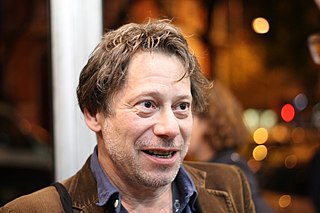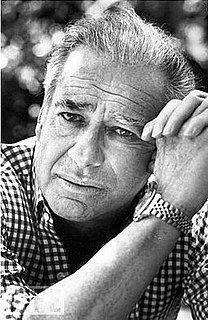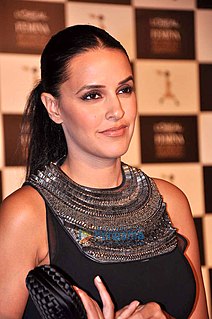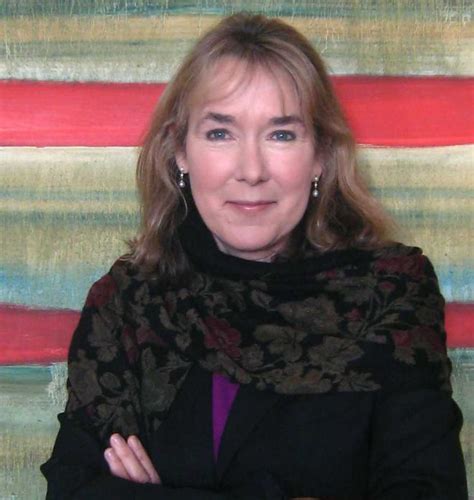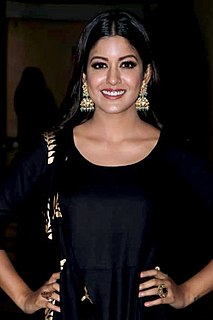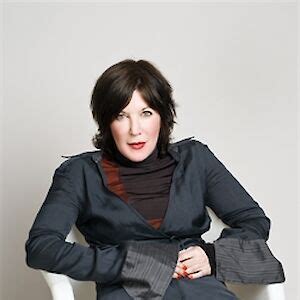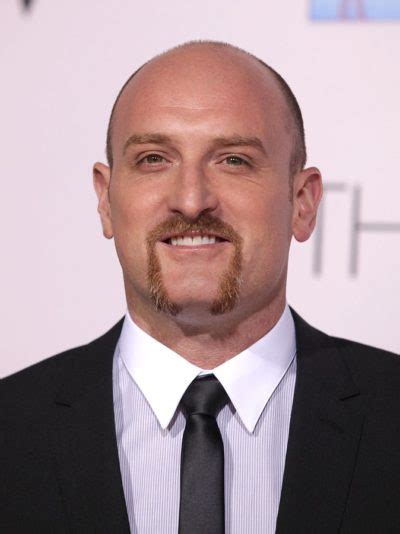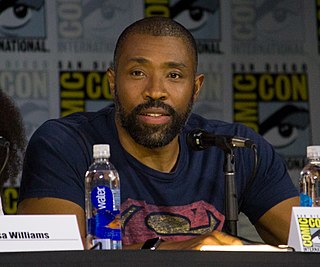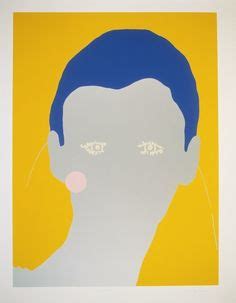A Quote by Mathieu Amalric
I first started working in film when I was 17. I was a director's assistant, an editor.
Related Quotes
In terms of my career, it began in earnest when I was living in Boston. I started doing my own films, working initially as an editor and editing assistant - briefly - at WGBH, as an editor on other people's movies, trying to get some experience under my belt, but eventually just doing my own short films, doing them my way.
I went to film school when I was 17, and of course when you are very young you think that there is nothing else in the world except film. At some point I started getting hungry to see something else. For five years I didn't make any films, I was traveling around the world, writing for newspapers, working in theater, working in opera, I thought I would never return to film.
Before MS moved in on me, I'd worked for seven years as a city lawyer, as the editor of a literary magazine, and before the age of 20, I'd also worked as a cadet journalist and as an assistant director in both film and TV. And then, after the lesions of MS, both on my spine and in my brain, I was the opposite of bionic.
Me and Kirby are very collaborative and it changes from film to film. The first project we worked on together, Derrida, we co-directed. The last film Outrage, I was the producer and he was the director. This film was much more of a collaboration - he is the director and I am the producer - but this is a film by both of us.
One of the good things is the relationship between director and editor used to be more contentious. Studios used to leave directors alone more during the post production process and now they're clamoring to get in. So, the director and the editor end up teaming up sort of against the studio to fight what they're doing and you lose the creative tension that you used to have between an editor and a director.
My first job was television. I got to where I wanted to go, but through a little bit of a detour. When I first started working in film and television, I hated myself - I didn't like what I was doing at all. All I could think of was, 'I'm overacting. Be smaller.' I started to do that, but that was not fun. I felt confined doing film and TV.
